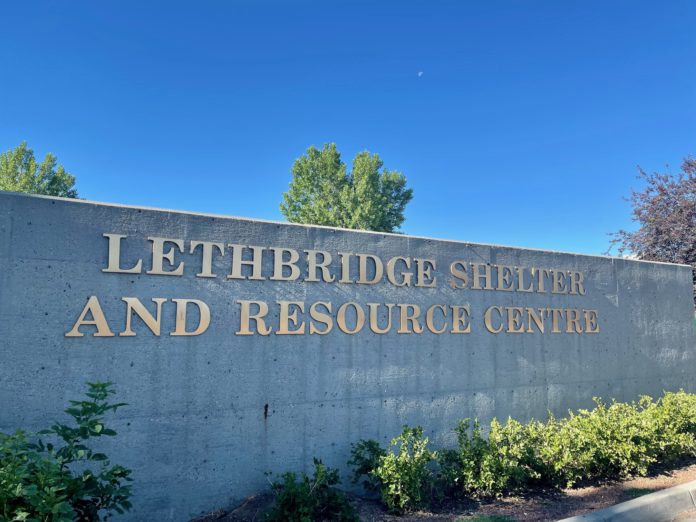In January 2023, the Blood Tribe Department of Health began operating the Lethbridge emergency shelter. This partnership has put a greater focus on culturally appropriate supports for those who are Indigenous and experiencing homelessness in southern Alberta.
Through a new Memorandum of Understanding, the Government of Alberta and the Blood Tribe Department of Health commit to continuing their partnership to advance reconciliation through Indigenous-led shelter operation.
To further invest in this partnership, the government is providing a $4 million capital grant to support the expansion of the emergency shelter through the Lethbridge Housing Authority.
According to a recent media release, the Lethbridge shelter currently receives more than $3.5 million annually from the province to run about 120 shelter spaces and offer services to the homeless. The City of Lethbridge is also providing a $1.4-million in-kind contribution to the project.
This agreement, says Martin Heavy Head, symbolizes the collaborative effort required to uplift one another. “By signing this MOU, we affirm our dedication to ensuring the Lethbridge Wellness Centre and Stabilization Unit remains a beacon of hope for those experiencing homelessness and substance use disorder.” Heavy Head is a city councillor and board chair of the Blood Tribe Department of Health.
It was noted, the shelter expansion project – expected to take shape on the same lot as the existing shelter – will increase capacity to more than 200 shelter spaces and at least 30 stabilization spaces. “The investment will also expand supports available to those experiencing homelessness, including social benefits, health care, addiction treatment and housing connections,” it was stated in the media release.
Mayor Blaine Hyggen says the increased capacity will ensure those in need in our community are better cared for.
Lethbridge Housing Authority is grateful for the investment in safe shelter space for the city’s most vulnerable residents, says CAO Robin James. “We look forward to partnering with the Blood Tribe Department of Health to ensure an individual’s experience in homelessness is brief and non-reoccurring by providing pathways to recovery-focused long-term housing solutions.”







